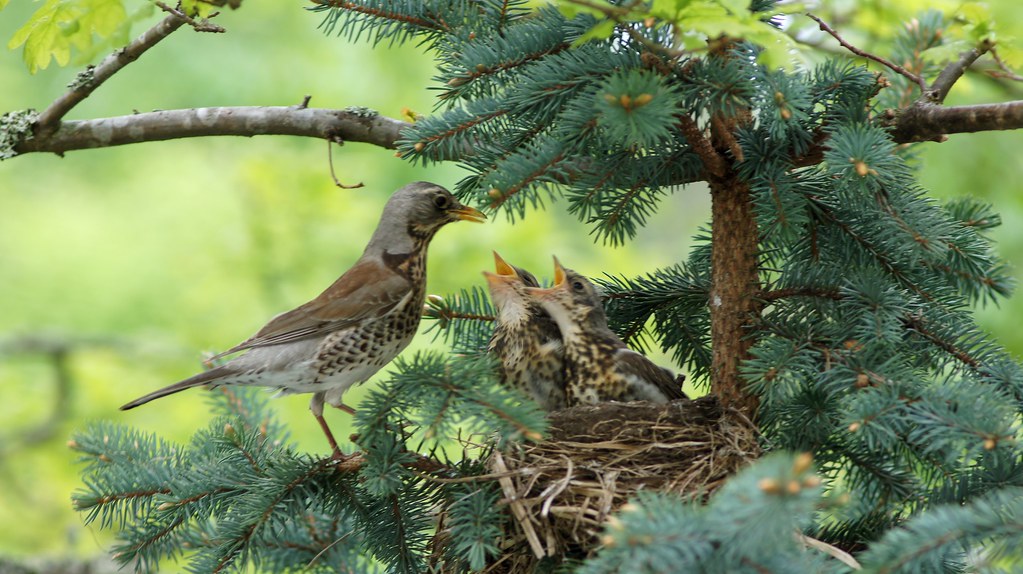A Spiritual Rule of Life is not how we find our spiritual life, it's how we nurture and amplify it.
Spiritual life is always, always, always an inside out process.
We can't make it happen. We can't force it or will it. It's not from our analytical mind, rather our spiritual life flows through our intuitive heart. It is our spirit that is the gateway into the spiritual life.
So with that viewpoint, let's begin:
Crafting a Rule focuses our lives and attention on what matters most to us. It cuts off options and distractions that waste our time and sucks the life right out of us. We focus on abundant life.
We are spiritual beings first and foremost. It's the essence of who we really are. But we are human in this life with limited resources of time, talent and energy.
Our disciplines focus and enhance our lives. They expand our inner life by focusing our outer one. It's an expansive life on a narrow way.
Our hearts rule deepens and enhances our emotions rather than suppressing them. We cultivate, love, joy, peace... Yes, these are deeper than emotions, but emotion gives them motion. Emotion moves us into action. Emotion brings the spark into our lives. Flatlining our emotions is not the spiritual path, it's the souls path of control. In the garden of our heart, we cultivate the spirit's work and flow within us as it deepens and grows fruitful emotions.
I'll develop this if you find it helpful.
Another point is: Our rules grow and adapt as we do. What works in one season of life will stifle our spirit's flow in another.
Here's where the good counsel of a Spiritual Director, an accountability group, a sage, or someone God has put in your life really helps. We don't do life alone.

